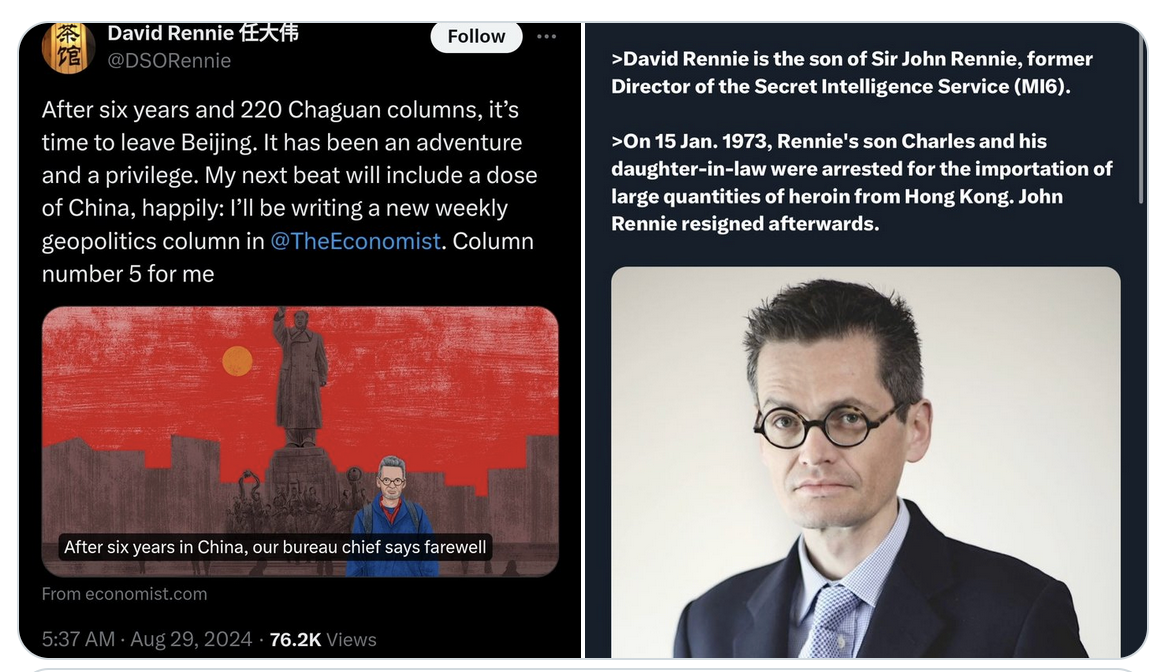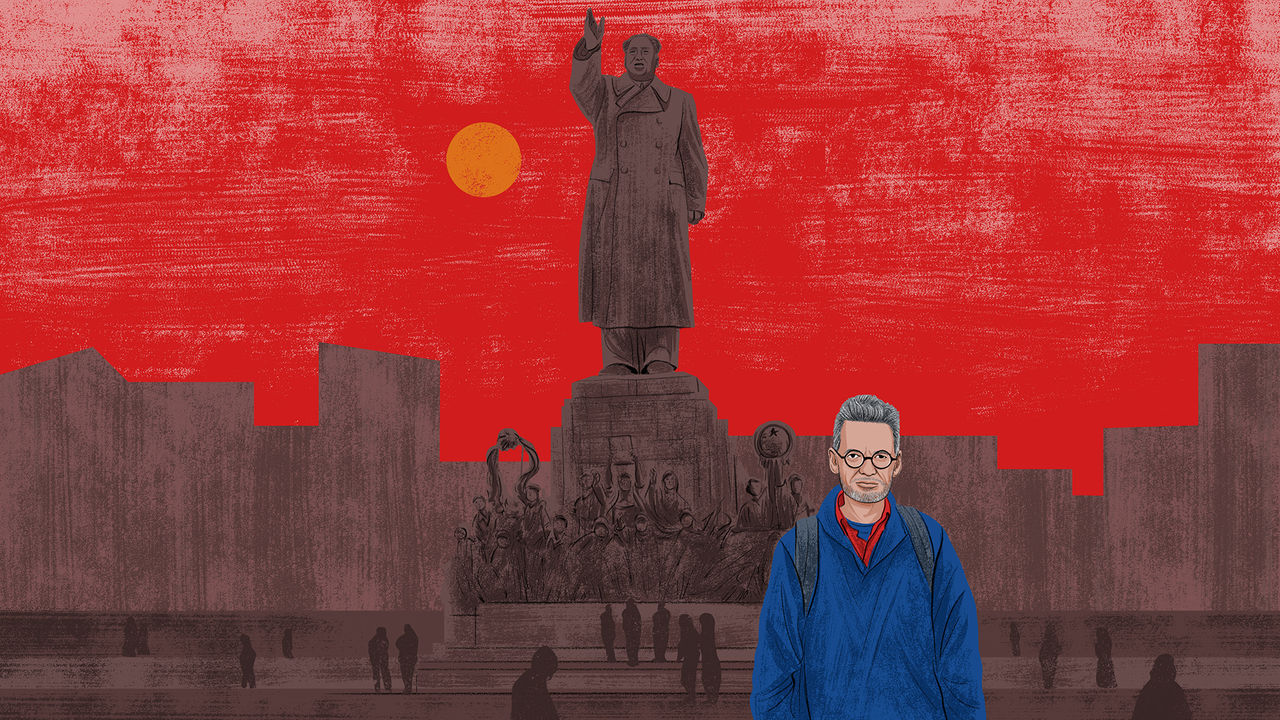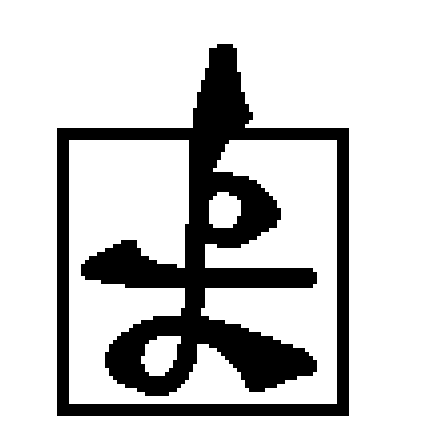deleted by creator
Yeah, it really begs countless questions, Which feminists? Which environmentalists? Who was detained? When, Why, Under what pretence?
deleted by creator
It just weaponises Western liberals’ pre-existing bigoted ideas and builds on it. There’s no need to provide any context, it won’t be questioned.
The comical thing about this rag is that it is so consistent in its cheerleading agenda for Western imperialism and chauvinism since its creation in the early 19th century that both Marx and Lenin dunked on it.
“Having stood forward as one of the staunchest apologists of the late invasion of China” is how Karl Marx himself described “that eminent organ of British Free Trade, the London Economist” back in October 1858 regarding its support for the First Opium War. In October 1859, following the Anglo-French naval bombing of the city of Guangzhou during the 1857 Battle of Canton in the Second Opium War, Marx wrote “The Economist, which had distinguished itself by its fervent apology for the Canton bombardment” Over a hundred and sixty years since then, this rag has been just as anti-China today as it was back in Marx’s time. Back then, it was the apologist of British “free trade,” the pretext for both the Opium Wars it supported (along with supporting the Confederacy), now that the tables have turned, the “free trade” magazine’s cover illustrations now depict Chinese EV exports as akin to bombarding the Earth like a meteor shower.
This closure is referring to the Economist’s “Chaguan” column, penned by a single author in Beijing yellowface-cosplaying under that Chinese column name. It was analyzed in a January 2024 King’s College London report as having not a single “clearly positive” story on China despite that this journalist “travels extensively in China to produce his reports, and on-the-ground anecdotes are a strong feature”:
Another source of influential reporting on China is The Economist’s Chaguan column, launched in September 2018. It takes up one page of the print version of the newspaper (in the region of 1,000 words per article), and appears most weeks (The Economist is a weekly publication). Chaguan is written solely by one journalist, David Rennie, who is based in Beijing. […] given that this period covered the COVID-19 pandemic in China, there were numerous reports on public health (12 in total) – particularly in 2020 (the first year of COVID) and again in 2022, when China’s COVID policy faced several challenges; when China was doing better than other countries in managing COVID, it was treated less by Chaguan and the media generally. Our framing analysis identified negative coverage in 84 per cent of Chaguan’s columns, with only four reports (1.5 per cent) being coded neutral-to-positive (and none clearly positive).
[…] Chaguan echoes the practice of other media in consistently repeating and emphasising particular terms or images of China, many of which are negative. For example, when discussing the economy, China’s economic behaviour towards foreign firms or governments is often described as ‘bullying’ or ‘threatening’. The use of negative terms is most common in reports on politics. Frequent keywords used in reports on Chinese domestic politics include ‘authoritarian’/‘authority’/‘autocracy’, ‘censorship’/ ‘controlling’/‘surveillance’, ‘irresponsible’ and ‘violate’/‘limit human rights’. Keywords regarding China’s foreign relations include authoritarian/autocratic, bully/cheat/harass, aggressive/reckless and blame/accuse foreign countries. These words directly define the nature of China or its behaviour as negative, and their frequent appearance in political coverage creates their links to Chinese politics, subliminally transforming the framework constructed by the media into the reader’s own perception. This constitutes a normalisation of a strongly negative picture of China’s politics.
The way that Hong Kong or Xinjiang are referred to across all of these media outlets reinforces this pattern. These two places, and the central government’s policies towards them, have become media bywords for repression and authoritarianism. They are frequently mentioned in passing in reports on topics that are not related to either place, in a way that frames China negatively: a template to plug into any story that needs evidence for Chinese ‘repression’, even if that story does not relate either to Hong Kong or Xinjiang.
Edit: Also just found out that this particular journalist is the son of a MI6 director, John Rennie. His brother was caught in the Hong Kong heroin trade which caused their father to resign from MI6. The fact that the Economist chose a literal MI6 failson as their “Beijing bureau chief” and that the son of Britain’s top spy was permitted and trusted to “travel extensively” in the country at all and LARP as a “journalist” for six years is an excessive tolerance by the Chinese government and sinks whatever sob story they spun about being finally being shown the door.
“Mr Xi, the most powerful Chinese leader in decades, calls his one-party model efficient, equitable and dignified. In case foreigners miss his coded message—that competent government, equality and order matter more than freedoms—officials boast of ‘two major miracles’ that shaped China’s rise, namely ‘fast economic development and long-term social stability.’”
“Here in the liberal West we may not have such frivolities as ‘competent government, equality and order,’ but you can bet your last dollar you’ll have Freedom™ coming out of your nose. You’ll fucking drown in it!”
Thanks. What freedoms, again?
equality
Damn, sometimes they just really have those little mask slips and reveal their true agenda.
some context


And nothing of value was lost
Good fucking riddance
No more western NGOs of such likes, especially those who still believe in the piss of the British aristocracy of finance
The economist isn’t even worth using it as a toilet paper if that was the only thing available to use, good riddance.
This thing comes nowhere near my ass, just in case this is how brainworms spread.
It is well known that actually being in China hampers the ability to write about it, due to communism brain waves or some such. They’ll be able to tell us the truth about China now without any of that pesky Chinese interference!
Sounds like they got kicked out and decided to write a kvetch column. Beijing seems more interested in using social media to present a view to the world, instead of a hostile Western press.
I should see if my library gets a copy of Current Affairs.
Did you link the correct article? I just see
SHOULD THE world admire or fear China’s model of governance? Since this column was launched in September 2018 that question has become more urgent, as Xi Jinping declares it time for China to “move closer to the centre stage” of world affairs.
deleted by creator
I do get sent to the captcha page, but solving a single captcha isn’t a problem, I see the article now.
Thanks.
deleted by creator
I was getting a secure connection error with .ph, so I used https://archive.is/PYko2 instead.
deleted by creator
Ah yeah I am on FireFox.
Archive.ph it
deleted by creator
deleted by creator









